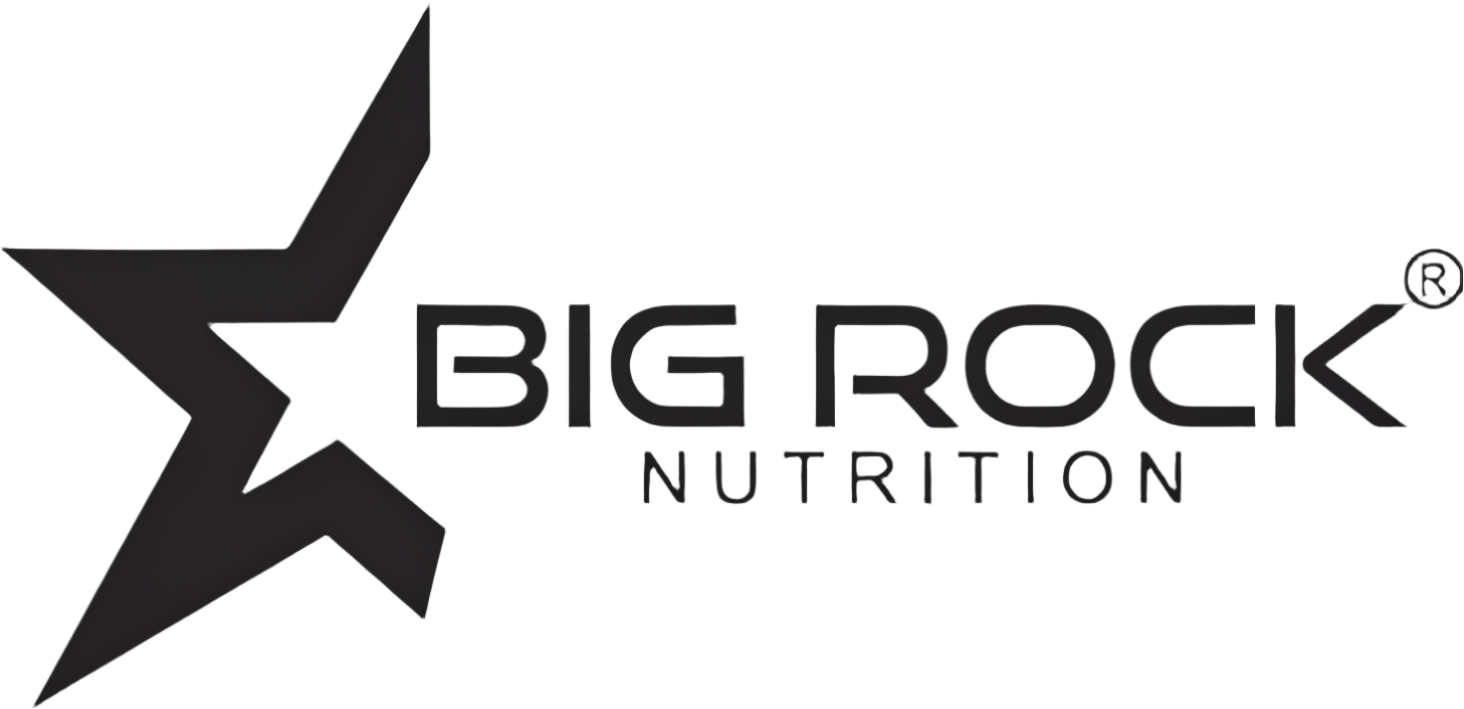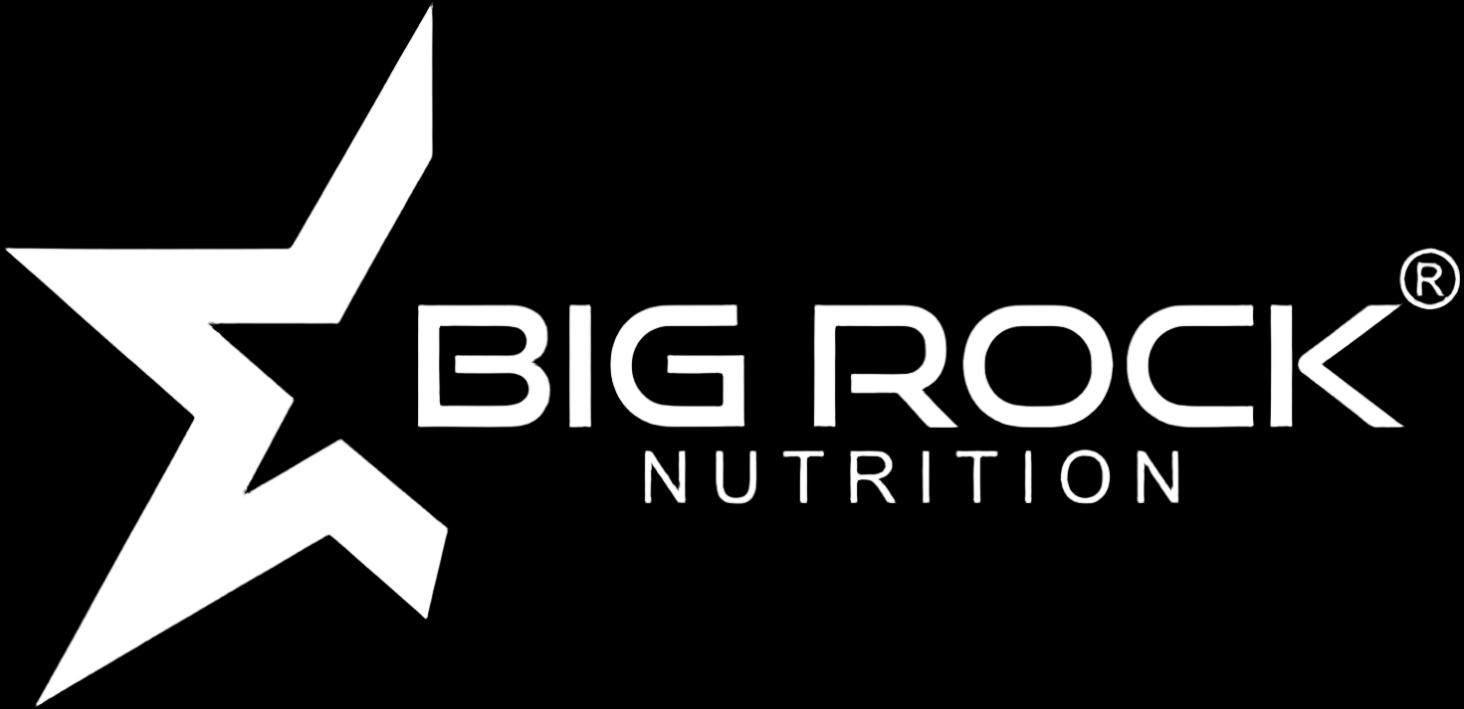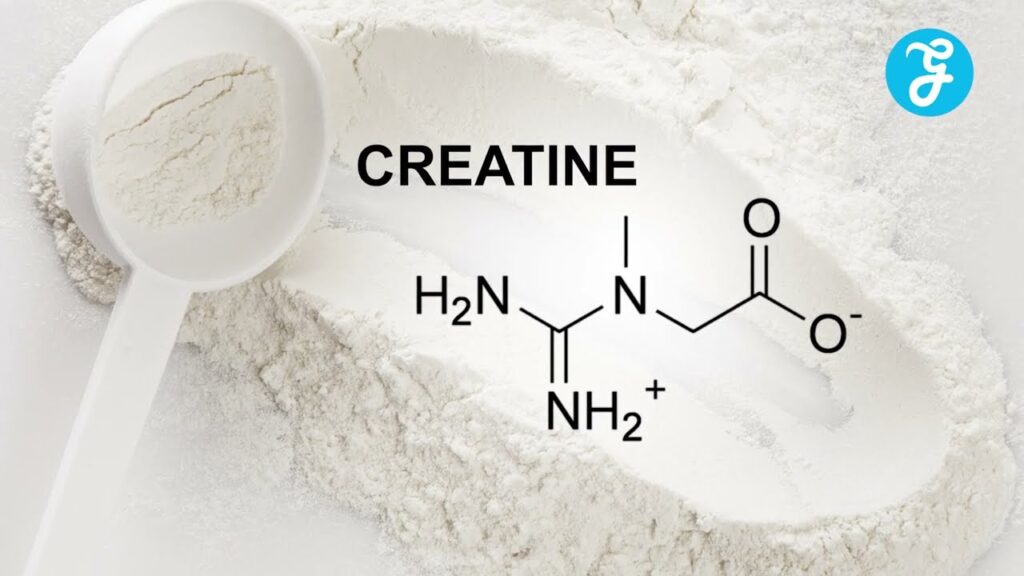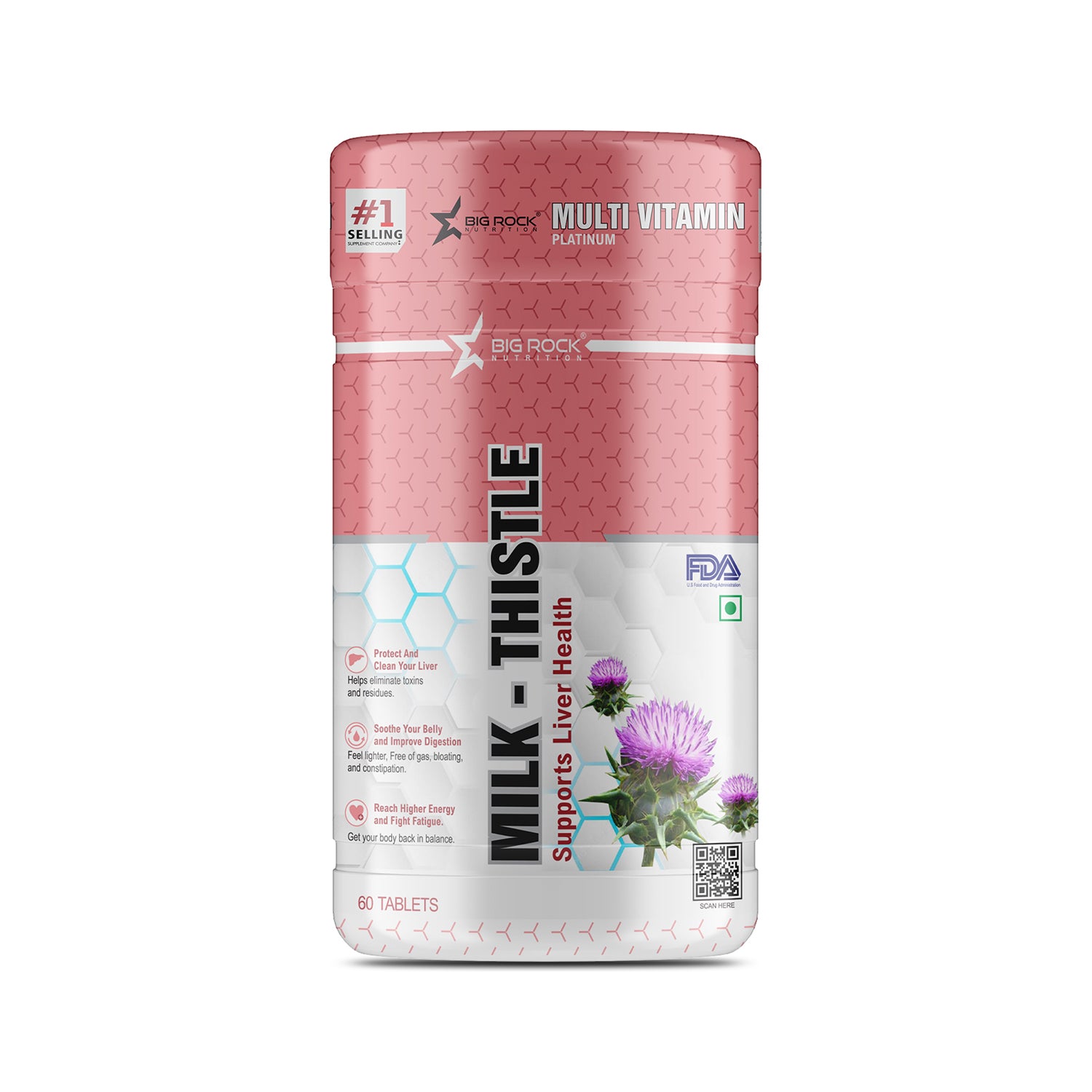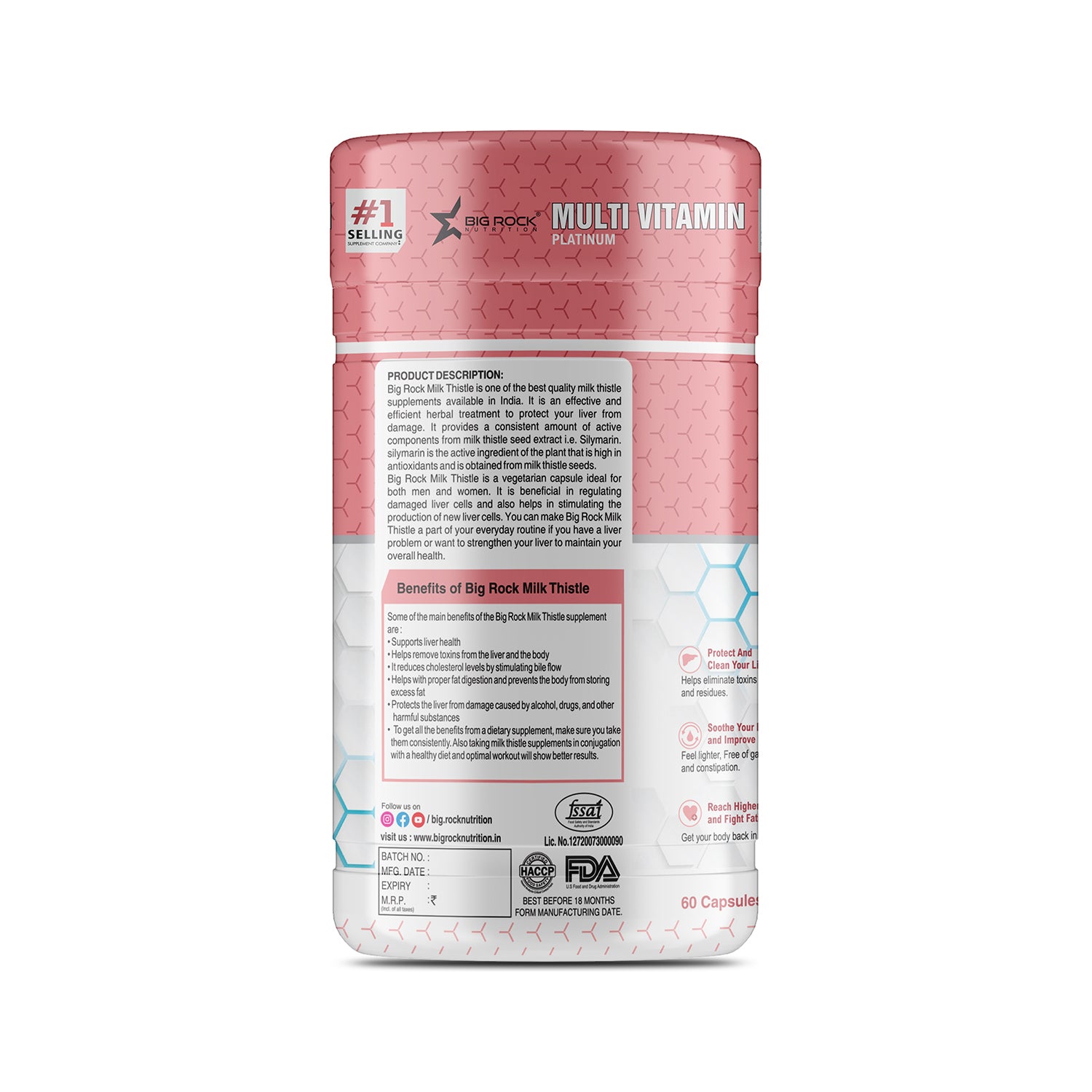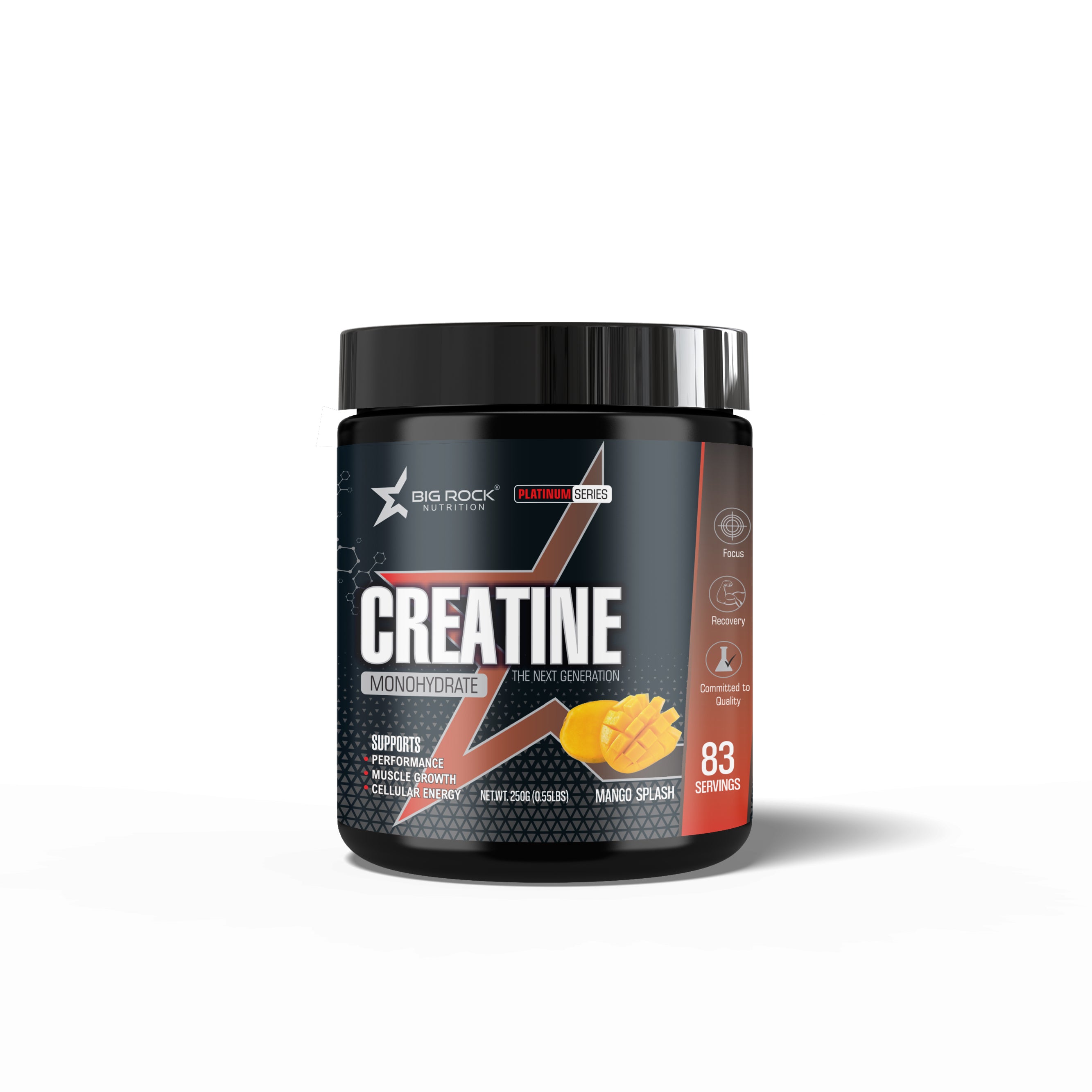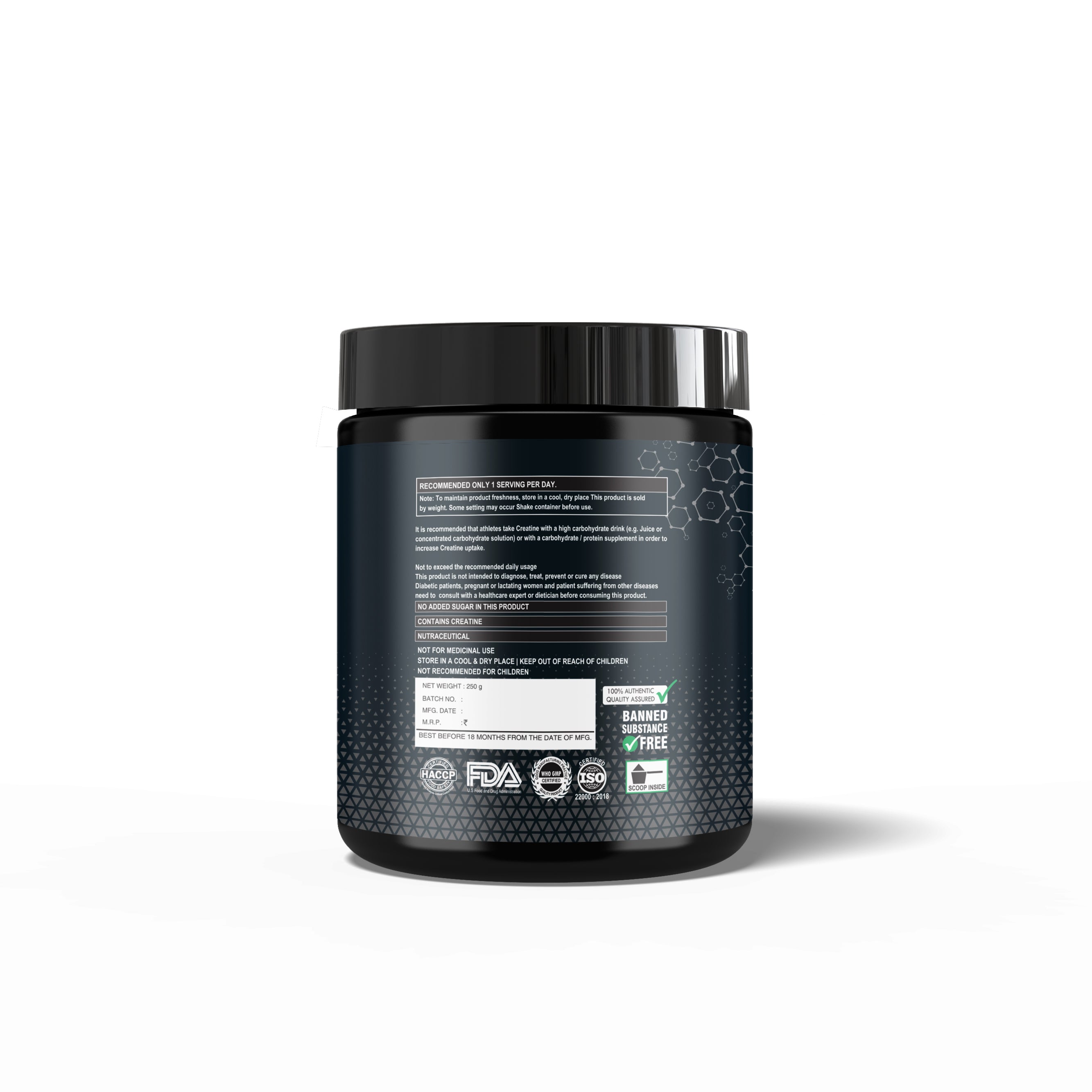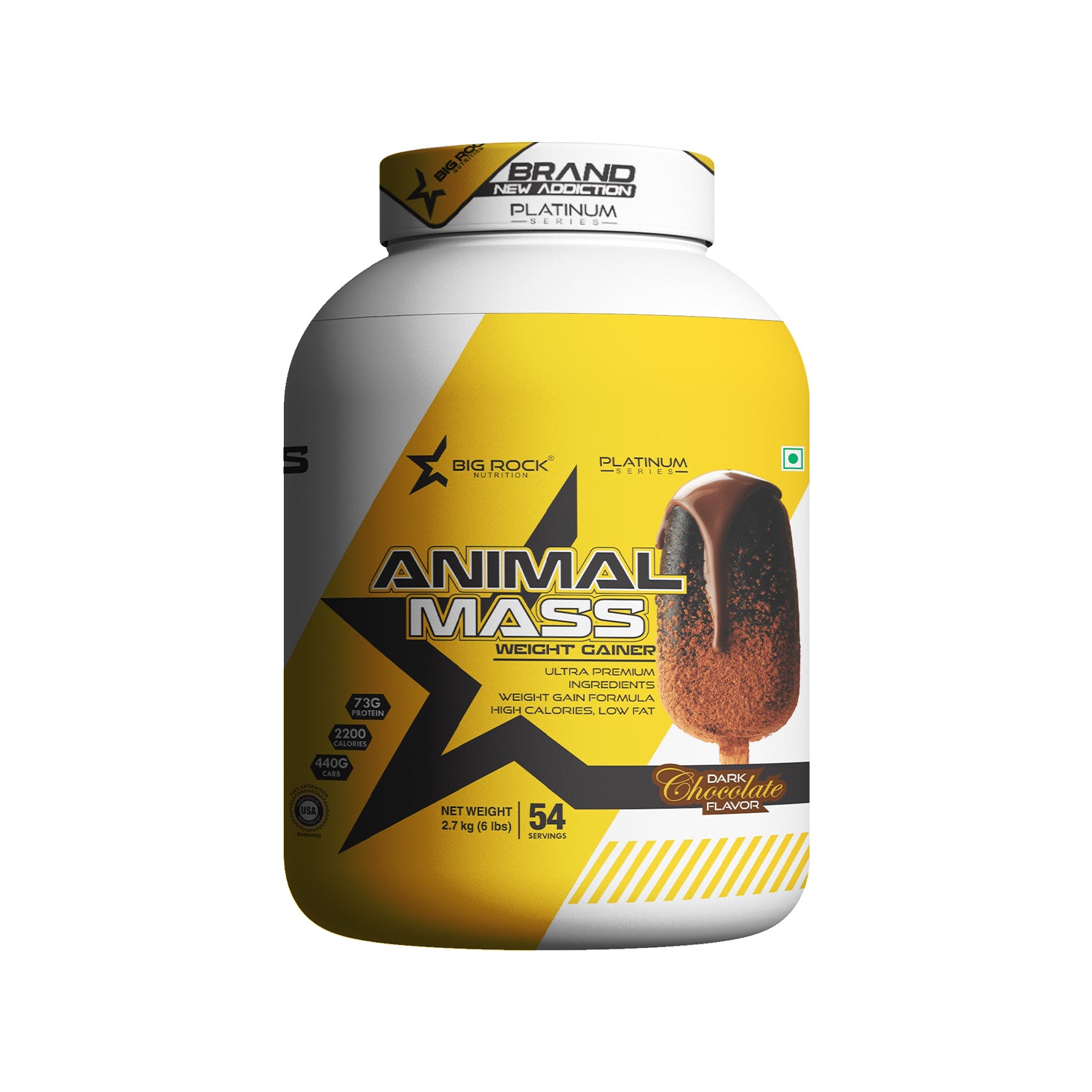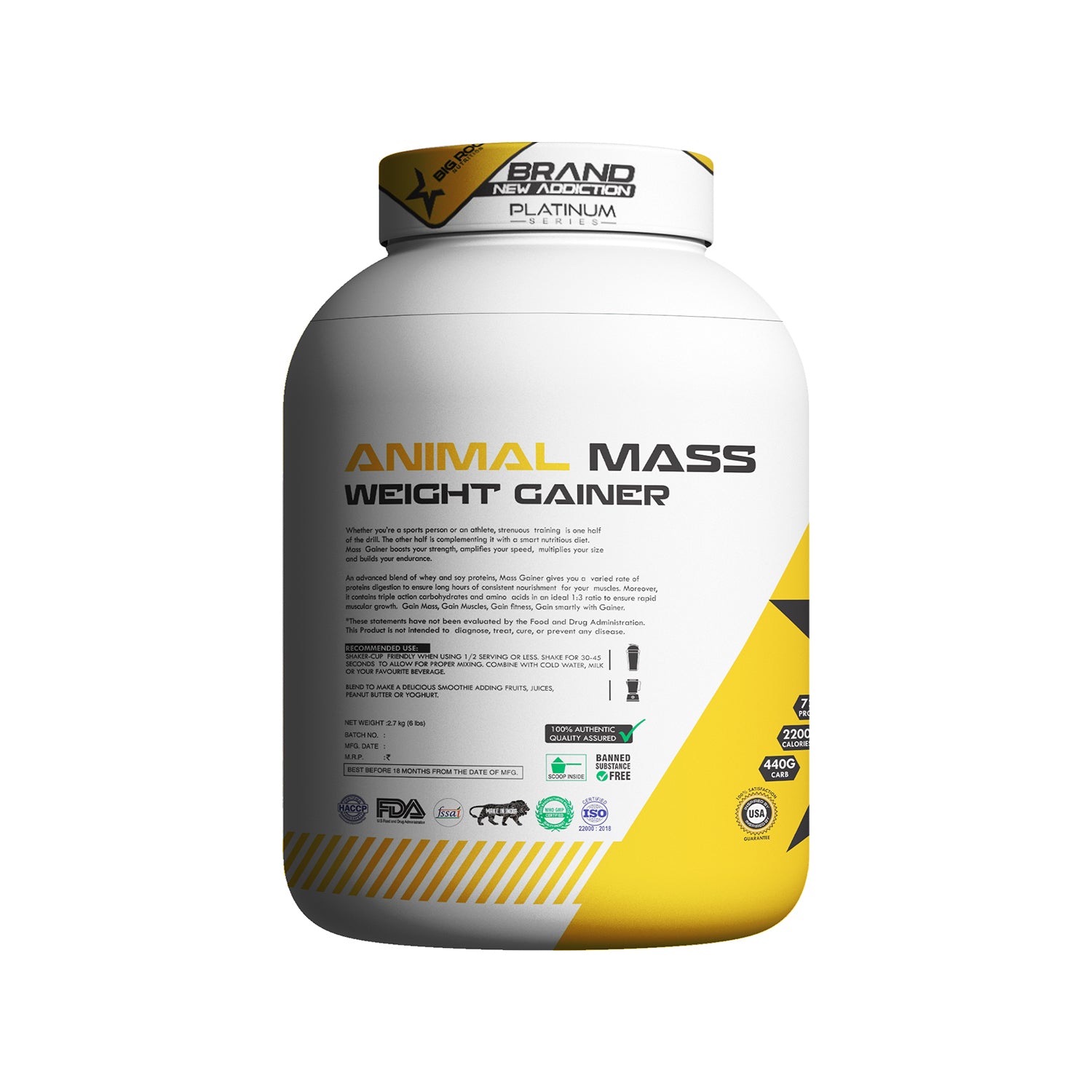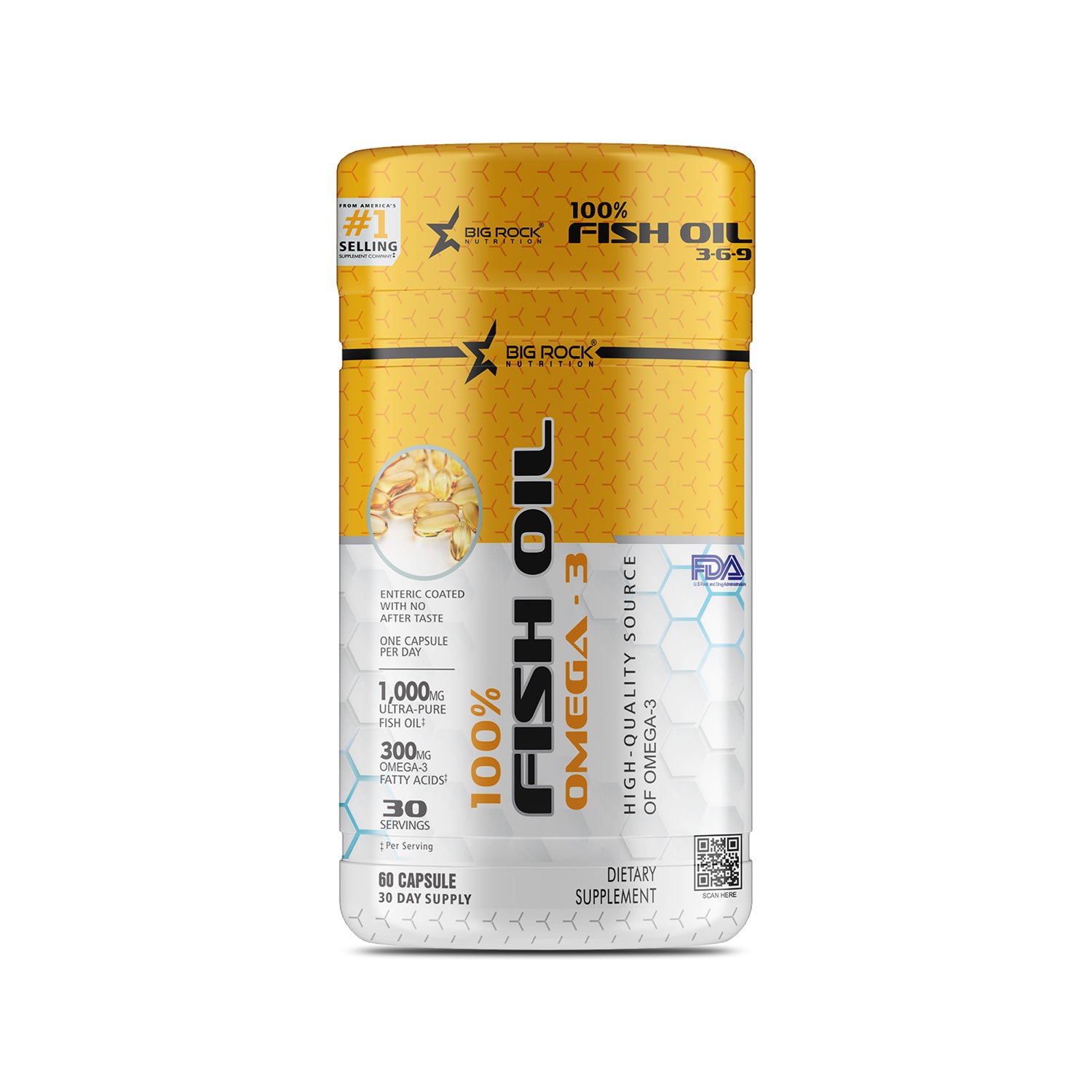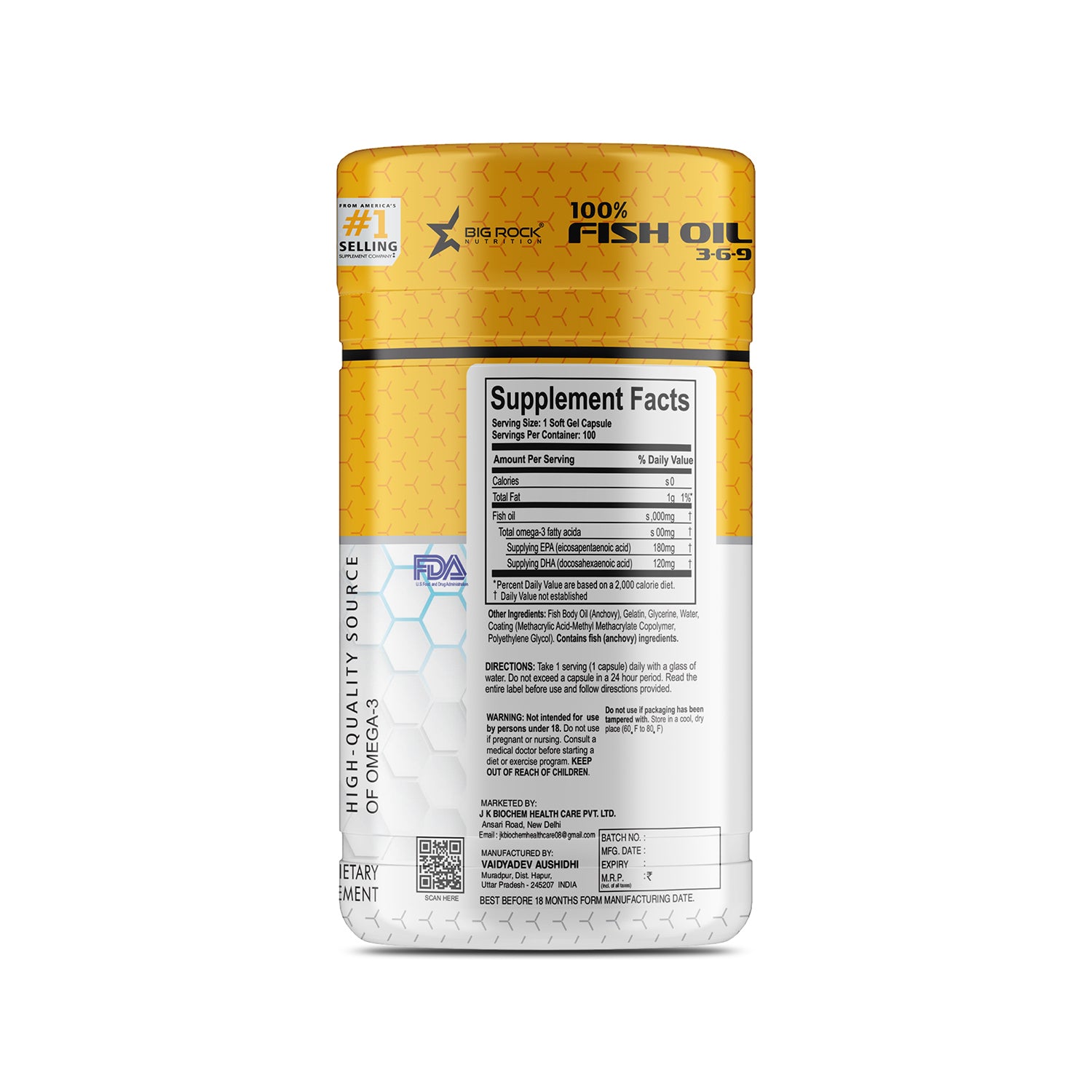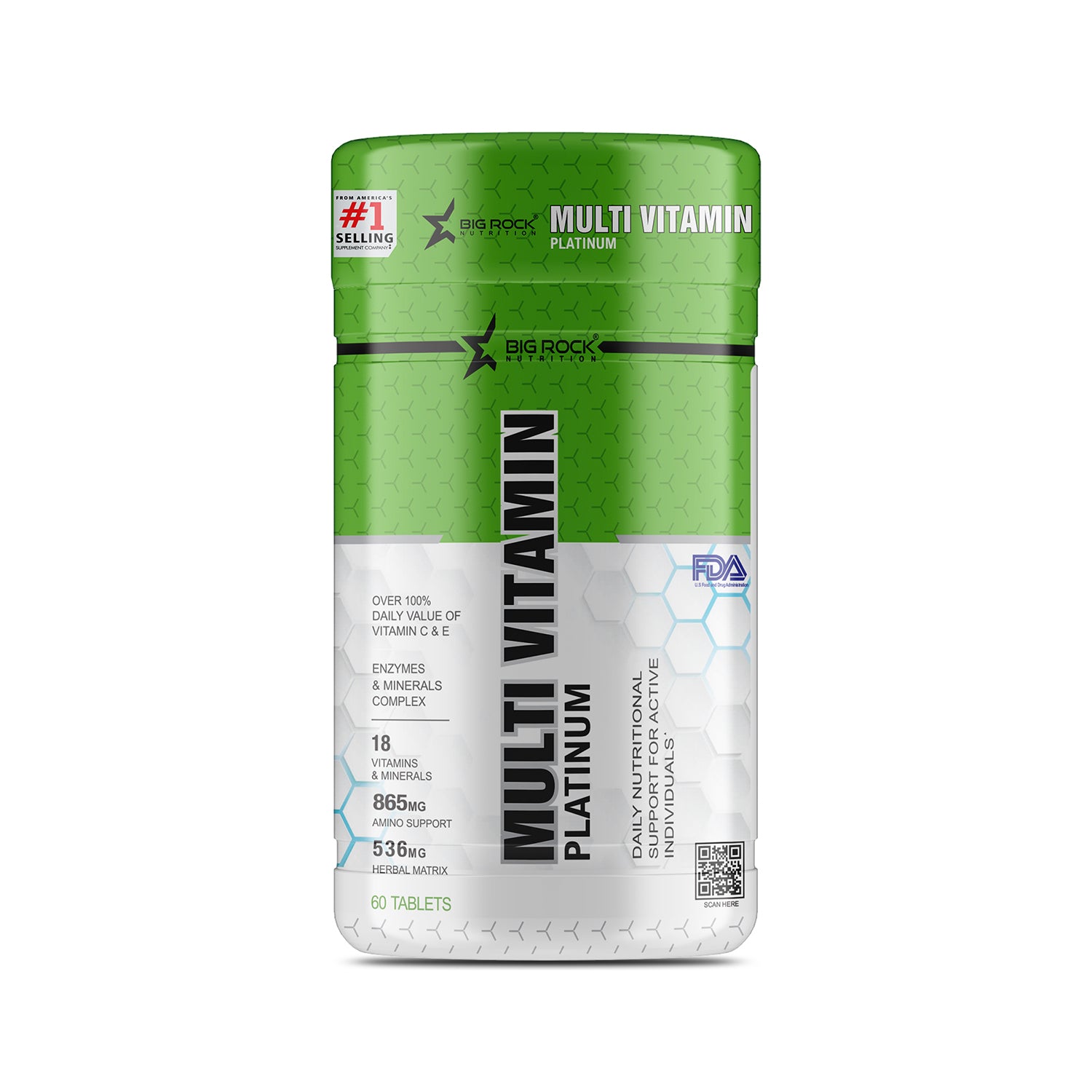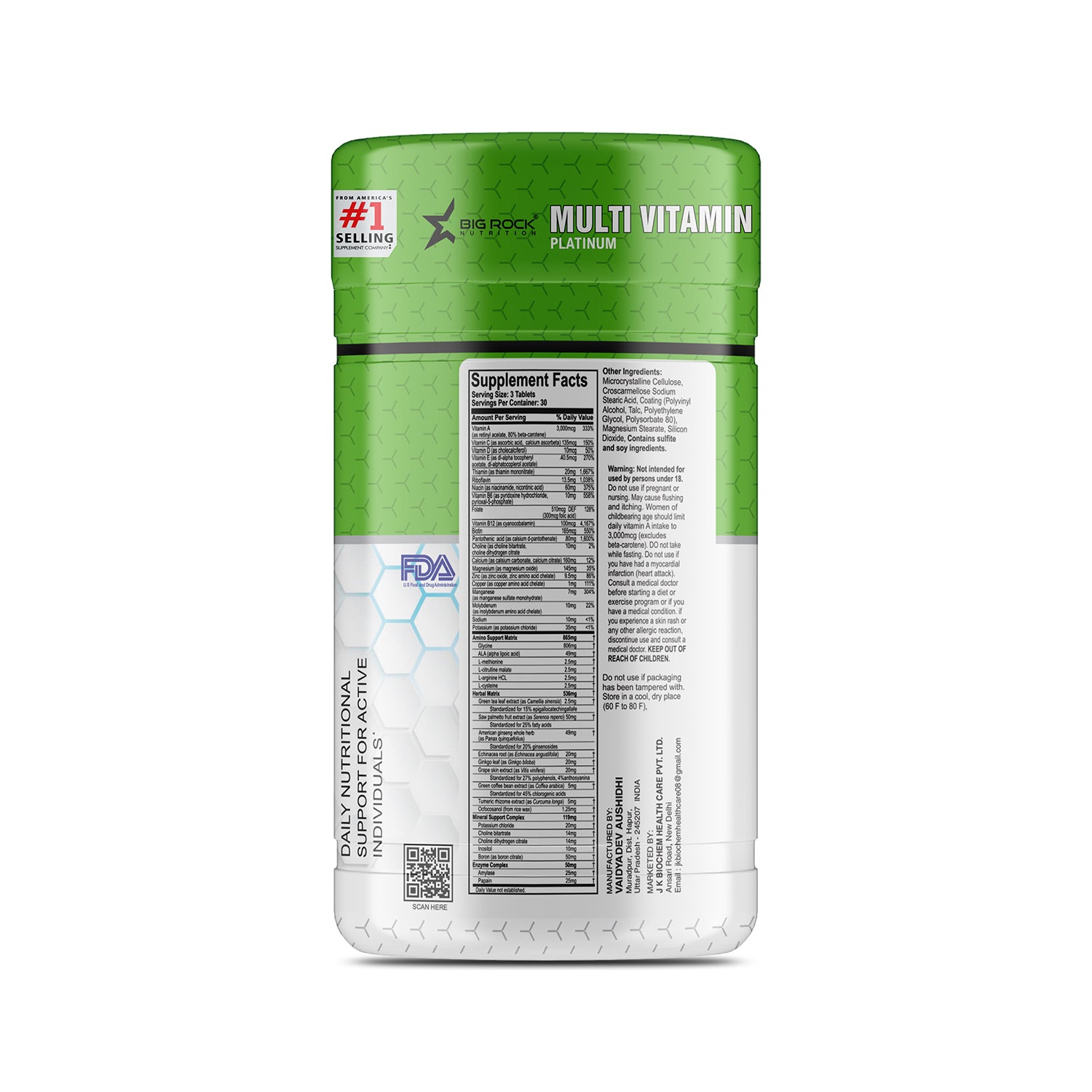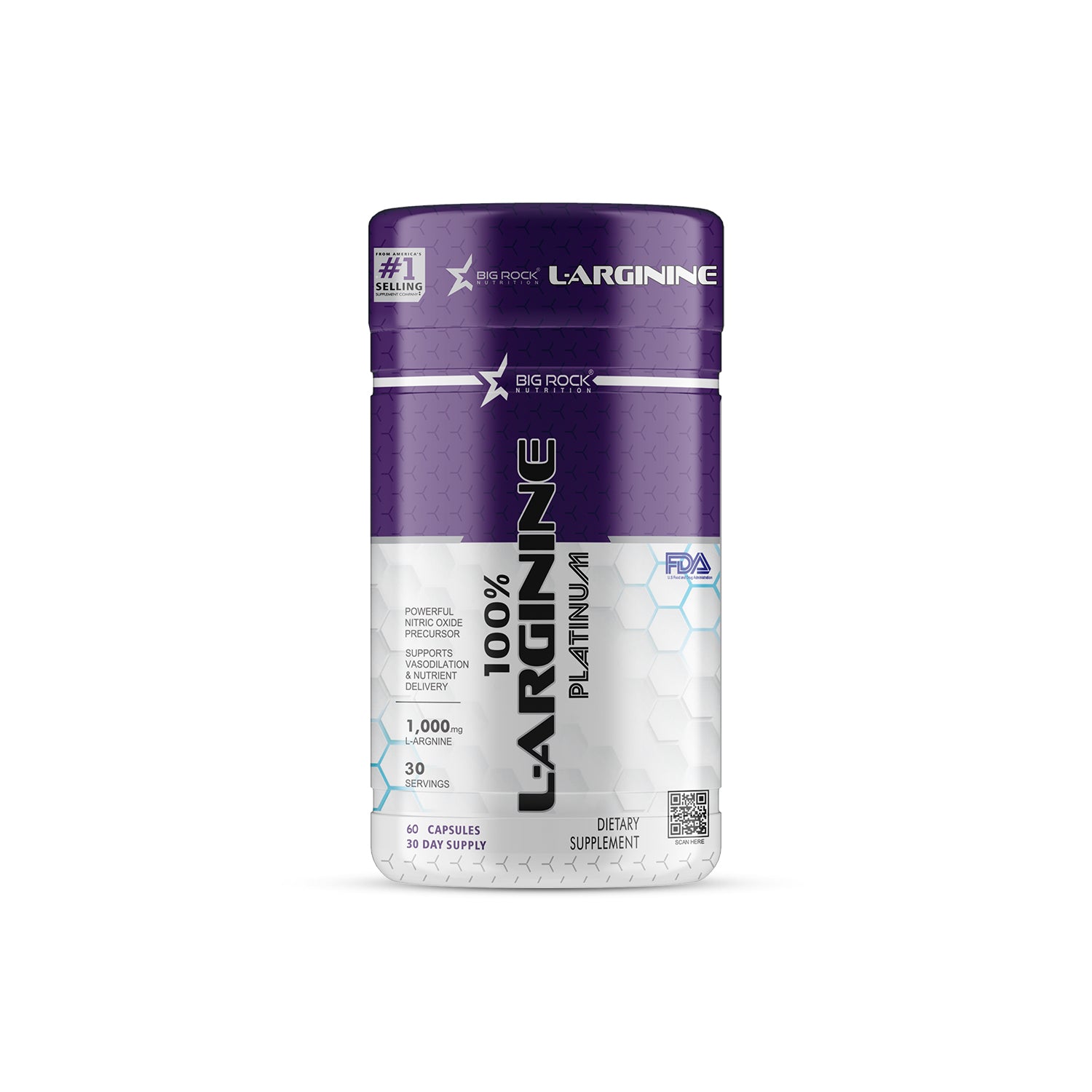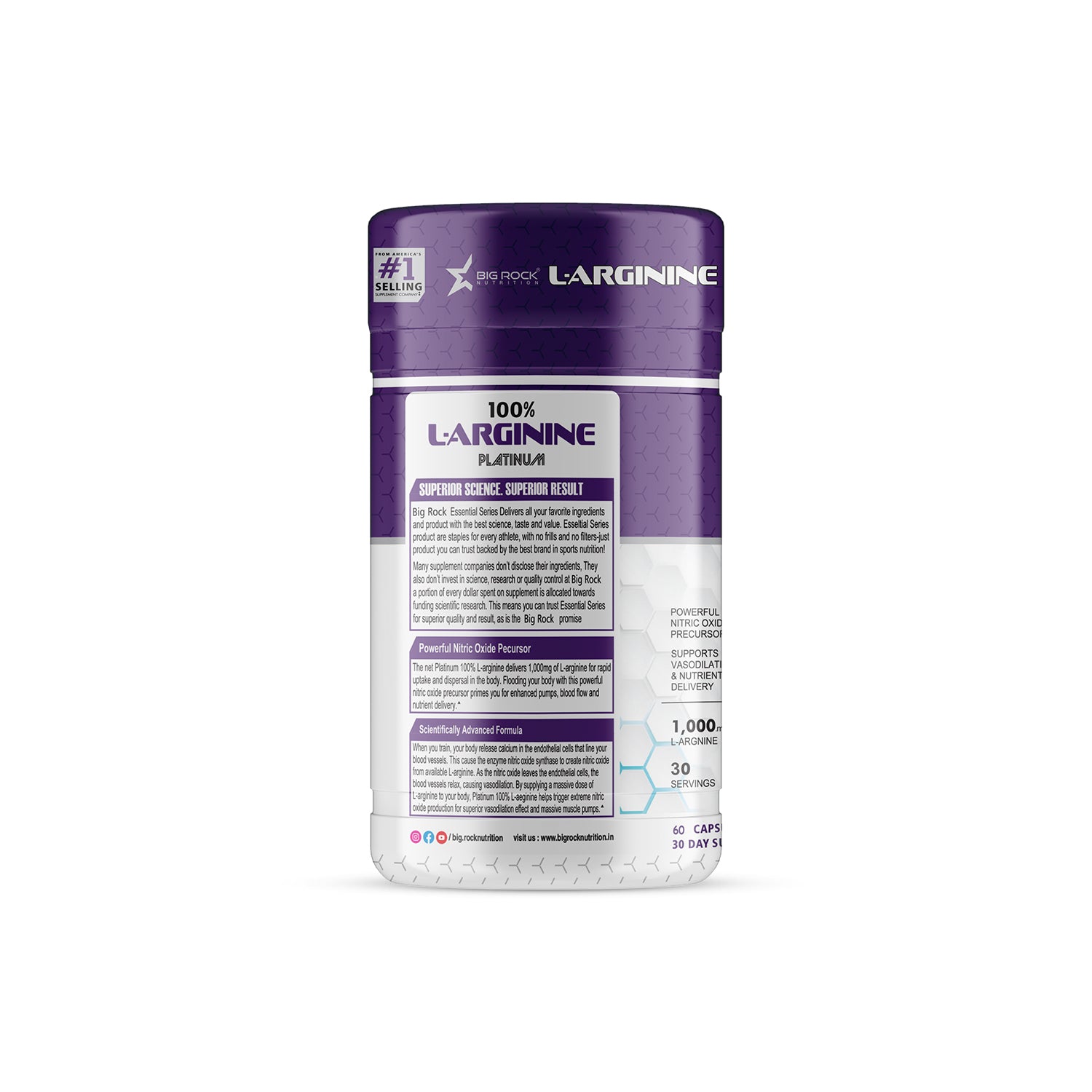Creatine Benefits:
-
Increased Muscle Mass:
- Muscle Growth: Creatine is well-known for its ability to increase muscle mass. It helps muscle cells produce more energy, which supports greater strength and the potential for muscle hypertrophy (growth) when combined with resistance training.
-
Enhanced Exercise Performance:
- Improved Strength and Power: Creatine boosts the production of ATP (adenosine triphosphate), the primary energy carrier in cells. This leads to improved performance in high-intensity, short-duration activities like weightlifting, sprinting, and other explosive movements.
- Increased Endurance: While creatine is most beneficial for short bursts of energy, it can also help delay fatigue in longer workouts by replenishing ATP stores more quickly.
-
Faster Recovery:
- Reduced Muscle Damage: Creatine may help reduce muscle cell damage and inflammation following intense exercise, leading to faster recovery times between workouts.
- Decreased Muscle Soreness: Some studies suggest that creatine can help reduce the severity of delayed onset muscle soreness (DOMS), allowing for more consistent training.
-
Cognitive Benefits:
- Improved Brain Function: Creatine is not only beneficial for muscles but also for brain health. It may help improve cognitive function, particularly in tasks requiring short-term memory and quick thinking.
- Neuroprotective Effects: Some research indicates that creatine might offer neuroprotective benefits, potentially reducing the risk of neurodegenerative diseases by supporting brain energy metabolism.
-
Enhanced Cellular Hydration:
- Water Retention in Muscles: Creatine increases water content in muscle cells, making them appear fuller and larger. This cellular hydration can also support anabolic processes, contributing to muscle growth.
-
Support for High-Intensity Interval Training (HIIT):
- Better Performance: Creatine supplementation is particularly effective for athletes engaged in HIIT or other forms of high-intensity training, as it helps sustain performance during repeated bouts of intense exercise.
-
Potential Bone Health Benefits:
- Increased Bone Density: Some studies suggest that creatine may help increase bone density, potentially reducing the risk of osteoporosis, especially when combined with resistance training.
Creatine Side Effects:
-
Water Retention:
- Increased Water Weight: One of the most common side effects of creatine is water retention, which can lead to a temporary increase in body weight. This is due to creatine pulling water into muscle cells, which might cause bloating or puffiness, particularly in the first few days of supplementation.
-
Digestive Issues:
- Stomach Discomfort: Some people experience digestive discomfort, including stomach cramps, diarrhea, or nausea, especially if they take large doses of creatine or don't drink enough water.
- Preventive Measures: Taking creatine with plenty of water and splitting the dose throughout the day can help minimize these digestive issues.
-
Kidney Concerns:
- Kidney Function: There is a common concern that creatine might cause kidney damage or stress. However, studies have shown that creatine is safe for healthy individuals with no pre-existing kidney issues. It's important for those with kidney disease or concerns about kidney function to consult a healthcare provider before using creatine.
- Regular Monitoring: If you have any underlying kidney issues, it's wise to monitor kidney function while using creatine.
-
Dehydration Risk:
- Increased Fluid Demand: Because creatine increases water retention in muscles, there is a potential risk of dehydration if you do not consume adequate fluids. This is particularly important during hot weather or intense exercise.
- Hydration Tip: Ensure you drink plenty of water throughout the day, especially when supplementing with creatine, to avoid dehydration and associated symptoms like headaches or dizziness.
-
Weight Gain:
- Temporary Weight Gain: The initial weight gain from creatine is mostly water weight, which can be temporary. While this is not fat gain, it might be undesirable for those trying to stay lean.
- Long-term Muscle Mass: Over time, creatine can also contribute to an increase in muscle mass, which is generally a desired outcome for those looking to build muscle.
-
Potential for Muscle Cramps:
- Muscle Cramps: Some users report muscle cramps when using creatine, although this side effect is not well-supported by research. Ensuring proper hydration and balanced electrolyte intake can help mitigate this issue.
-
Overuse Concerns:
- Excessive Dosing: Taking more than the recommended dose of creatine is not advised, as it does not necessarily lead to better results and could increase the risk of side effects like digestive discomfort or kidney stress.
Conclusion:
Creatine is one of the most well-researched and effective supplements for improving muscle mass, strength, and exercise performance. It offers various benefits, including faster recovery, enhanced cognitive function, and potential bone health improvements. However, like any supplement, it can have side effects, such as water retention, digestive issues, and potential concerns for individuals with kidney problems. Most of these side effects can be managed with proper dosing, hydration, and monitoring. If you're considering adding creatine to your routine, it's generally safe for healthy individuals, but it's always a good idea to consult with a healthcare provider, especially if you have any pre-existing health conditions.
